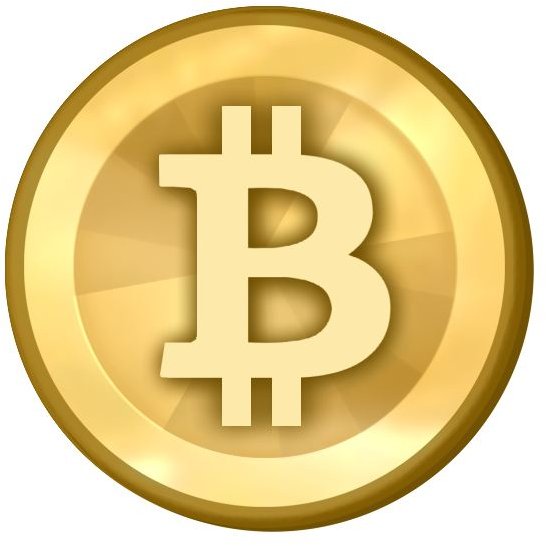How To Turn Bitcoins into Real Currency
What Are Bitcoins?
The rhetoric free definition of Bitcoins is that they’re a digital currency, made up entirely of digital coins. While normal fiat currency is backed by the law and word of a government (coming from Latin word “fiat”, which means “let it be done”), Bitcoins are backed by the forced scarcity of the code and the word of the creator.
Bitcoins effectively operate in a manner similar to cash. They aren’t necessarily tied to a particular person, and exchanges can be effectively anonymous. Individual bitcoins contain code linking them to their user, which is rewritten when the coin is sent out as a payment. The code is only kept by the system for tracking purposes, requiring no actual sharing of information.
Bitcoins are generated through “bitcoin mining.” This is done by running either the provided program, or a modified version of it, to provide processing power to the nodes to solve encryption “blocks” and safely complete the pending transactions of others. Tweaks are made to ensure that this process takes roughly ten minutes. The lucky person who manages to find the correct solution will receive a batch of bitcoins. The one significant aspect is that the total number of bitcoins will be capped and held at a strict and arbitrary expansion rate. It will ultimately cap out at around 21 million bitcoins.
This hard limit is appealing to some people who fear manipulation of currency. The value of bitcoins is determined by the market and the market alone.
On a personal note, I don’t really see the benefit, as you’re effectively trading one devil for another. The market can be far more cruel to fortunes than a central bank, especially when the coins lack a central material backing and are destined for deflation and fueled heavily by speculation.
Mining Bitcoins
As mentioned, Bitcoins are generated by users through the official program. By contributing processing power, you enter yourself into the hourly lotteries.
The actual face of these lotteries seem to shift with the winds. The one clear innovation is the use of GPUs instead of CPUs. For the processing power that the program needs, it has been found that most gaming quality GPUs are far better suited than the CPU. There have been other efforts to collectively mine through mining pools, and various other community efforts.
Note that if you plan to mine for bitcoins, you will need to remember that your processing power isn’t free. If you’re leaving your computer on to run additional cycles, then that’s extra wear-and-tear on the machine and additional electricity costs. Keep that in mind before you go whole hog.
Turning Bitcoins into Money
Once you have some Bitcoins, you can look into trading them on the existing coin markets. Note that these basically work like stock markets in many places. You can place a sell order and name the price that you want. Buyers will also be naming their prices through bids, and once a bid matches your price, the order will be filled.
Once again, the market for bitcoins is quite volatile, which means that marketplaces seem to rise and fall at rapid rates. However, Mt. Gox appears to be a fairly stable marketplace.
Mt. Gox - This is one of the biggest marketplaces, so it’s a good option. Americans will find it a little less useful, since there’s an $800 minimum for direct deposit. There is an option to withdraw to a Liberty Reserve account in dollars, if you have an account with them. Europeans are in luck though, since there’s only a 10 Euro minimum for a direct deposit to European banks.
You can also try to broker a private deal with someone over IRC. That’s probably not going to be the best choice for a new user though.
****Disclaimer: Neither I nor Bright Hub establish guarantees regarding bitcoin exchanges. Always verify an exchange for yourself before trading, preferably through the bitcoin community.
References
Official Bitcoin Website - https://www.bitcoin.org/
Screenshot: https://commons.wikimedia.org/wiki/File:Bitcoin.png - Public Domain Image Courtesy of Staoshi
